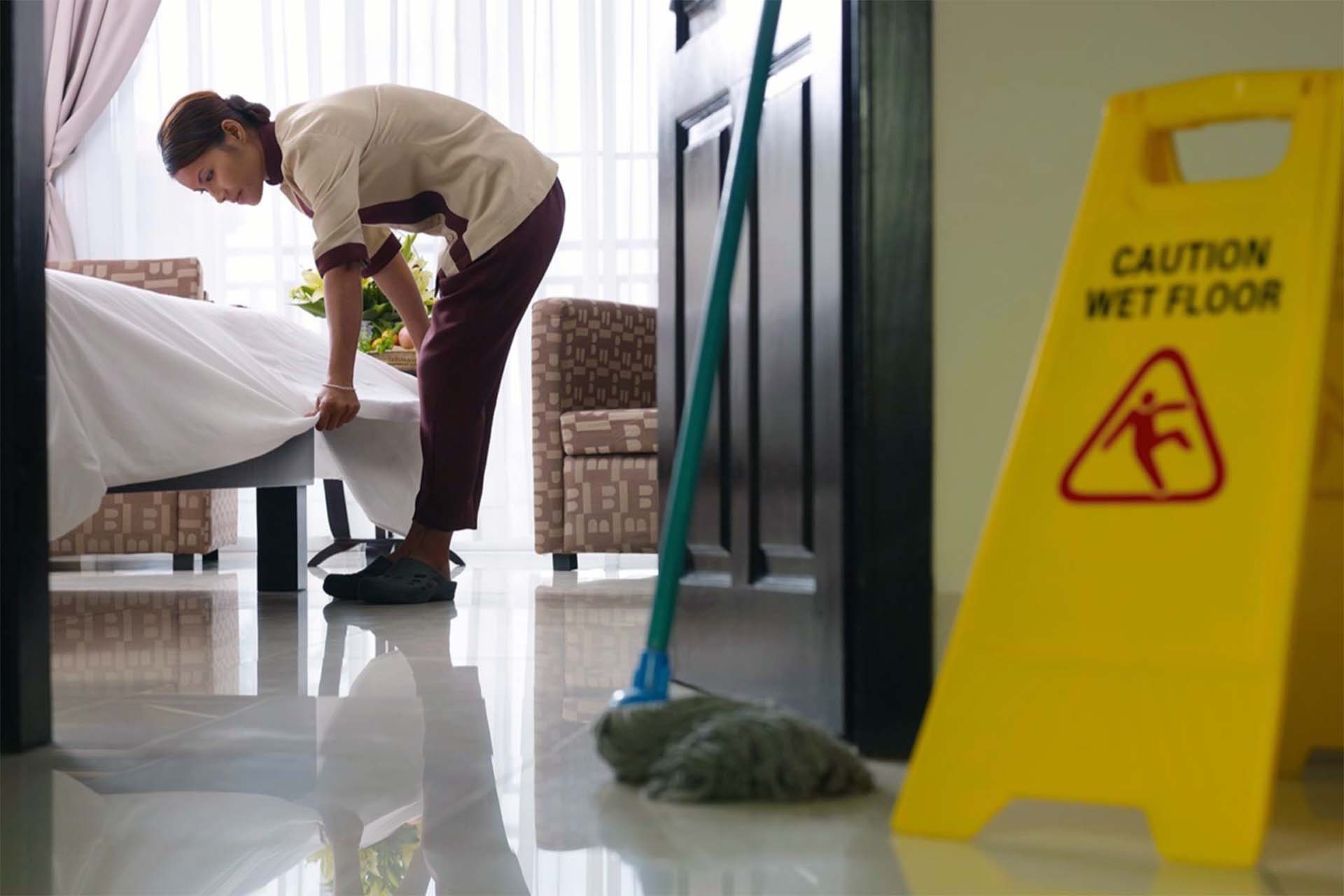
Learning how to spot the signs of modern slavery and the risks specific to the hospitality industry
Shiva Foundation has developed modern slavery training for hospitality students around the UK which will be delivered for free over the 2020/21 academic year. The training package is based on Shiva Foundation’s hotel training package, but adapted for wider hospitality and done so with students themselves to ensure its effectiveness.
Outcome
The training will cover information about modern slavery generally (using international and UK-specific statistics) and risks in the hospitality sector, in addition to policies, procedures and practices that can be put in place within a hospitality business to spot the signs of modern slavery and report it. With this training, students will have been introduced to modern slavery, the risks specific to the hospitality sector, and to tools to become actors of change as they enter the workforce. For the UK’s future hoteliers, tackling modern slavery will be business as usual
Context
Hospitality is a high-risk sector. The hospitality industry has been deemed one of the highest risk industries in terms of modern slavery by a number of stakeholders, including the UK Director of Labour Market Enforcement, the Gangmasters and Labour Abuse Authority, the Metropolitan Police and the Home Office. The UK hotels sector specifically has been criticised for its poor response to tackling modern slavery. We believe the industry has a great responsibility to address this crime for the benefit of future potential victims. The risk areas include:
- Labour exploitation within operations. The fissured nature of the industry, the high reliance on outsourcing (i.e. housekeeping), the low engagement with unions, poor compliance with the National Living Wage, and forced self-employment status for workers all work to increase risk of more egregious forms of labour market infringements such as modern slavery.
- Exploitation on the premises. For hotels in particular, traffickers may use the rooms for sexual exploitation and domestic servitude.
- Global supply chains. Global supply chains for products such as food, linen, uniforms and bath products are long and complex and will have exploitation occurring somewhere within them.
For more information on the programme or to book a session, please visit here.
READ OUR EVALUATION SUMMARY


